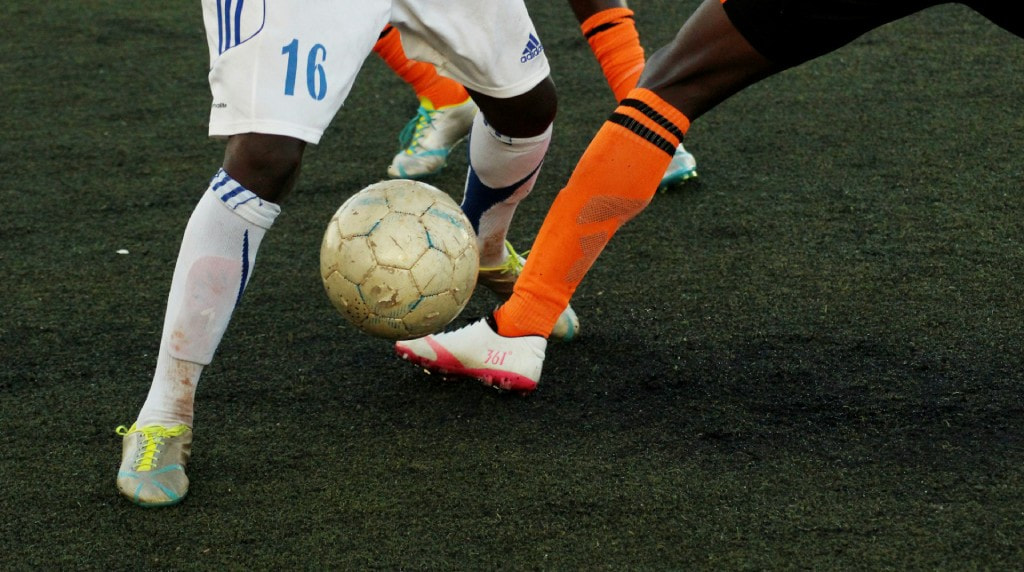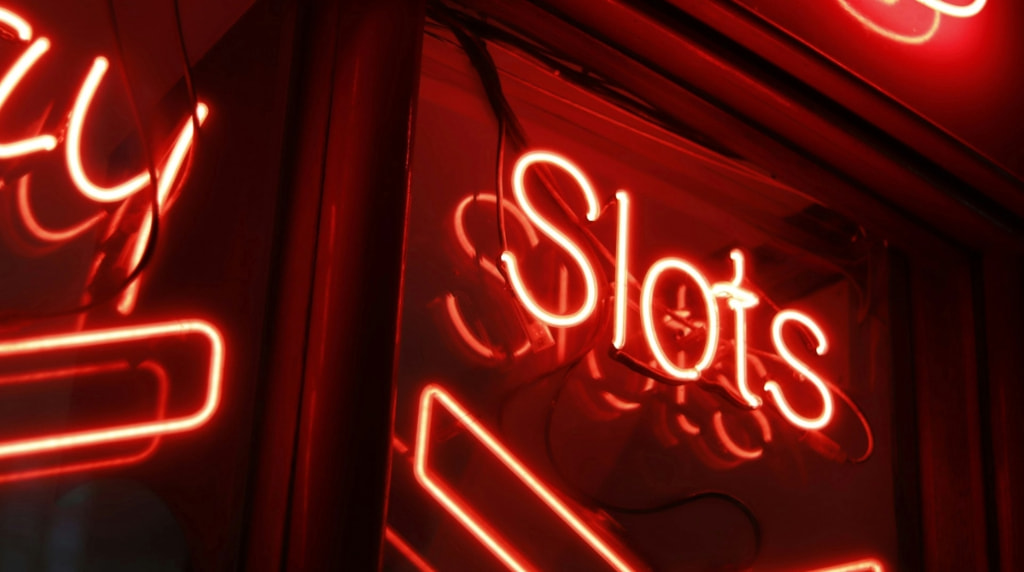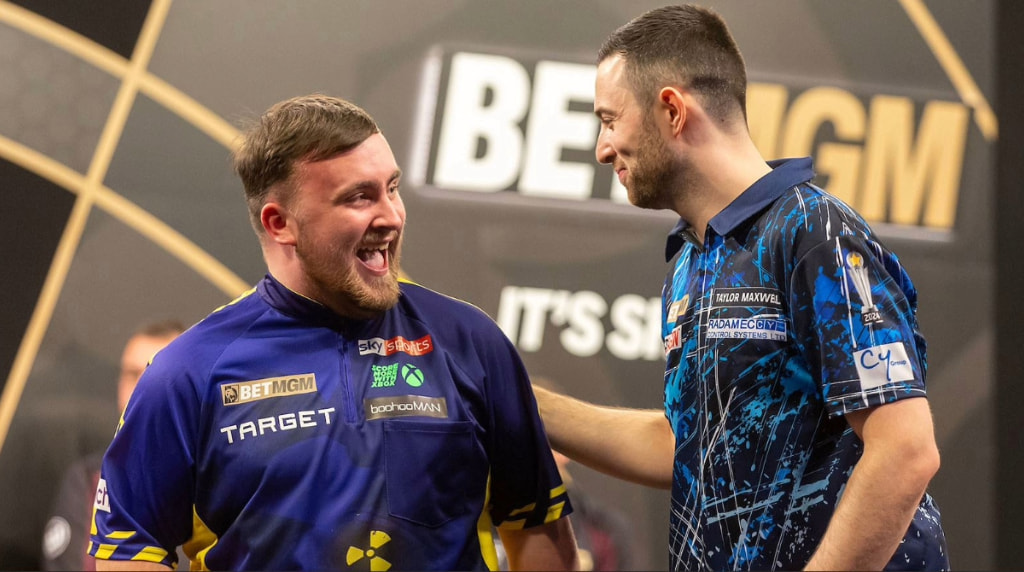Seven warnings and a penalty issued by ANJ
The Sanctions Committee of the gambling regulatory and supervisory body of France, l’Autorité Nationale des Jeux (ANJ), recently issued warnings for seven licensed gambling operators and one financial penalty after the 85% return player rate (RTR) cap was exceeded. The RTR cap was added to the gambling regulations of the country in 2020 to prevent excessive and harmful gambling and also to money laundering and terrorist financing activities.

The l’Autorité Nationale des Jeux (ANJ), recently issued warnings for seven licensed gambling operators.
©Bastien Nvs/Unsplash
The gambling market in France has been regulated since 2010 and was initially looked after by l’Autorité Nationale de Régulation des Jeux en Ligne (ARJEL). Ten years later, ANJ took over, and along with that change, some new amendments and additions were made to the French Gambling Act. These amendments were made due to factors like the growth of online gambling, the concerns around player safety, and the fight against illicit activities that constantly threaten the integrity of all segments of legal and safe gambling. One of these amendments was made to Article 13-II, and a new decree of Article 27 was added to the French Gambling Act. Under this new amendment and decree, licensed gambling operators had to follow an RTR cap. This cap ensures that no player gets more than 85% of stakes redistributed to themselves from legal sports betting operators. This rule is applicable to operators who provide online sports betting, horse betting, and slot machines. ANJ imposed this limitation to prevent unsolicited activities like harmful or excessive gambling, money laundering, and terrorism financing.
When the cap was introduced into the regulated gambling market of France, it created a lot of controversy. While the ANJ’s intentions behind its imposition were crystal clear, a few operators felt that these limits could hamper the growth of the French gambling market and could also reduce the overall competitiveness between the licensed gambling operators present in the country. However, these claims were eventually nullified when most players and operators realized that the pros outweighed the cons. Apart from a slight reduction in gambling market competition between operators, the cap had no other major drawbacks. On the flip side, it protected the players from excessive losses while betting. Under Article 27 of the French Gambling Act, the cap also ensured that the licensed operators made a significant contribution to treating and preventing gambling addiction.
Further details and rules about calculating the player return rate (TRJ) were also explained by the French Gambling Authority on April 1, 2021. The ANJ specified that the TRJ must be calculated annually. The Authority found that seven legal gambling operators exceeded the RTR cap in the same year. This resulted in the commencement of sanction proceedings against all seven operators who had flouted a regulation of the French Gambling Act. On September 22, 2022, all seven cases were opened before the Sanctions Committee. After careful investigations of each case, the ANJ’s Sanction Committee finally declared its judgement. All seven operators exceeded the RTR cap, but only one exceeded it by more than ten points. That undisclosed operator was issued a financial penalty with a stern warning. Since the excessive TRJ rate of the other six undisclosed operators remained below ten points, they got away with only a warning. The Sanctions Committee also decided against publicizing the names of the seven operators.
World Cup drove Betting activity through the roof in France
While the RTR cap was criticized by some, it ended up becoming an integral part of the ANJ’s regulatory framework for online gambling in France. It was brought into the French gambling market at the perfect time. In a constantly growing betting market, the revenue from sports betting in France recorded a massive spike due to the 2022 FIFA World Cup in Qatar about five months ago, as almost €600 million was wagered throughout the tournament.
France hosted the 2018 FIFA World Cup, and the total wagered amount during that tournament was a little over €380 million. Despite not being hosts in the latest edition of the grand competition of world football, the French national football team was one of the favorites to win and successfully defend their title. France reached the final but eventually lost to Argentina. Meanwhile, the sports betting activity in the country was skyrocketing.
During the 2022 FIFA World Cup, the total wagered amount was a staggering €597 million, which was 56 percent higher than the total wagered amount that was recorded during the 2018 FIFA World Cup. Bets worth €51 million were placed during the final of the tournament between France and Argentina. The unpredictability and the unfavorable outcome of the tournament left 70 percent of all French betting accounts in the negative.
The new blocking and delisting order
The ANJ continues to monitor the activity and compliance of licensed gambling operators in the country. Apart from that, like all gambling regulators in the world, the French Gambling Authority is also actively involved in the fight against unlicensed operators that compromised player safety and damage the integrity of the gambling sector. In this ongoing battle, the ANJ was given a massive boost when its President issued the first administrative order to block and delist illegal operators in June 2022.
The new order enables the President of the ANJ to gain blocking and delisting approvals directly from the administrative judge. Once the approval is in place, all domains of the detected illegal operator can be blocked. This entire procedure requires a time frame of one or two months. The procedure before this was tedious and required four to six months to block an unlicensed operator in France. This included the time required by magistrates of the Paris Court of Justice to study the case before it was passed on to the judge.
The French Gambling Authority reiterated that the process of blocking illegal domains will remain the same as it was before. Upon detection, the unlicensed operator will be issued a notice asking it to cease its illegal operation in France. If the operator continues to offer its services to French players, the ANJ will ask Internet Service Providers (ISPs) to block the domains and also ask search engines and digital directories to delist them.



